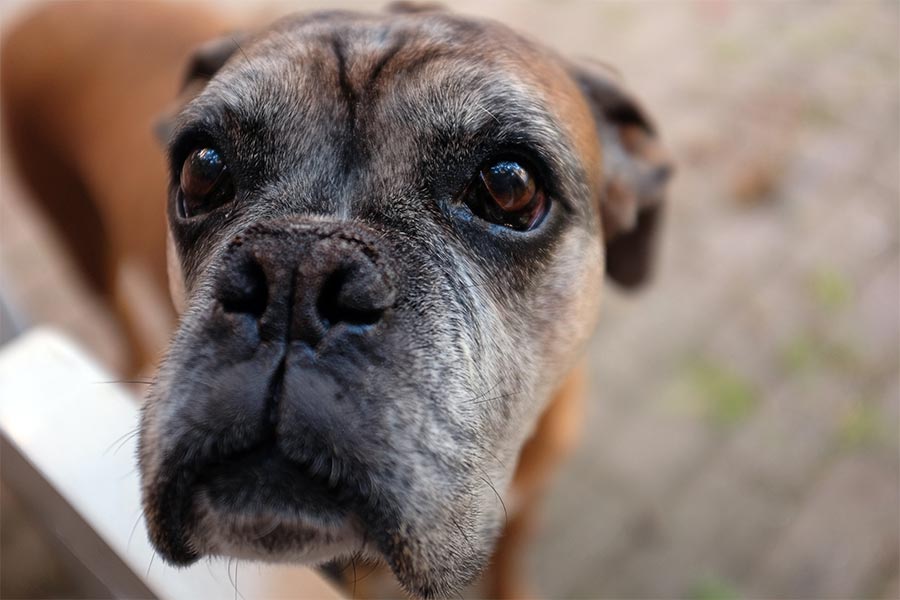Common Symptoms Of Cancer In Dogs

The 9 Most Common Cancer Symptoms In Dogs
Dogs with cancer can have a variety of symptoms depending on where the cancer is. The most common symptoms of cancer in dogs are noted in the following list, which is not all inclusive and not in order of frequency of occurrence:
- Lumps and bumps: any new growth, swelling, or previously existing mass that is changing needs to be evaluated by your veterinarian.
- Changes in breath odour, blood from the mouth, and changes in eating behaviour: can all be symptoms of cancers of the mouth in dogs. However, dogs will not lose their appetite until oral cancers are severe.
- Blood in the urine: can be a sign of a urinary tract infection or bladder stone, but if the infection keeps coming back the dog should be evaluated for cancer with x-rays and ultrasound.
- Coughing: x-rays should be taken for dogs that have a cough. Cancer from other locations often will spread to the lung, or the dog may have a primary lung tumour.
- Vomiting, diarrhea or change in appetite: these are sometime dog cancer symptoms, but are also common for many non-cancer related diseases and should be evaluated by your veterinarian.
- Unexplained weight loss: cancer requires a great amount of energy to grow and spread – up to a 300% increase in caloric needs. The common result is a dog that withers away despite eating normally.
- Drinking or peeing more: some cancers cause an increase in calcium levels or directly damage the kidney and liver, which result in an increase in water intake and urination.
- Limping or changes in exercise ability: lameness is common in older dogs, but if the lameness is worsening or not responding as expected to treatment, there should be a search for cancer.
- Sneezing that is not responding to treatment or has a bloody discharge: should be investigated for cancer.
Canine Chemotherapy Treatment
Chemotherapy treatment is a terrifying part of cancer for human patients. We vomit, loose our hair and feel terrible. The good news for dogs, is that they do not usually experience these symptoms with chemotherapy. When they do, dogs generally experience a milder version of what people go through. Canine cancer therapy is rapidly evolving and should be a serious consideration for any dog with cancer.
Do These Dogs Cancer Symptoms Mean The End?
The best chance at curing cancer is with early detection; as well, all of the above symptoms may not be related to cancer. You should consult withan experienced local veterinariannow if you are concerned your dog has symptoms you believe are related to cancer. The sooner you act, the sooner we can find the cause of the problem and start the treatment to return your friend to health.
Yours in health,
Dr. Kent Morley